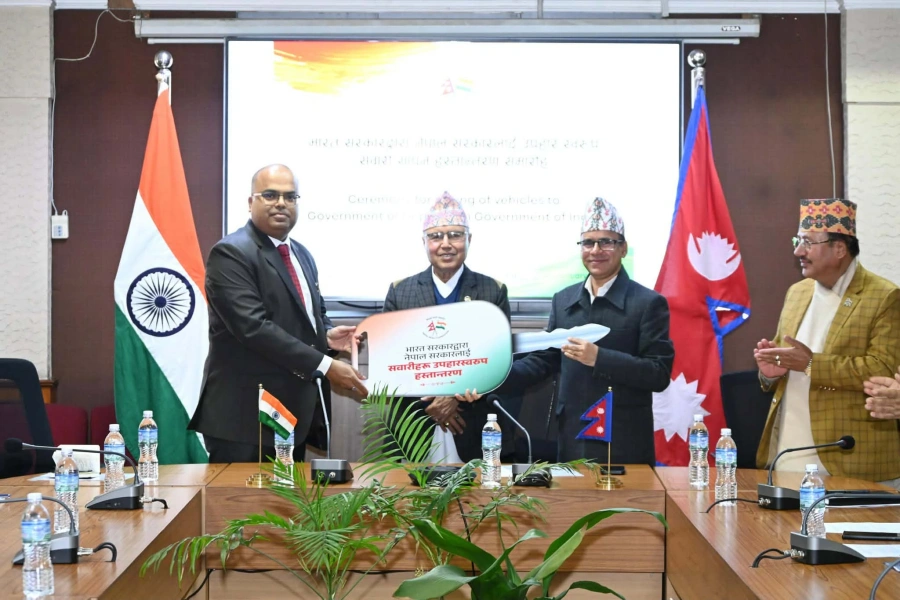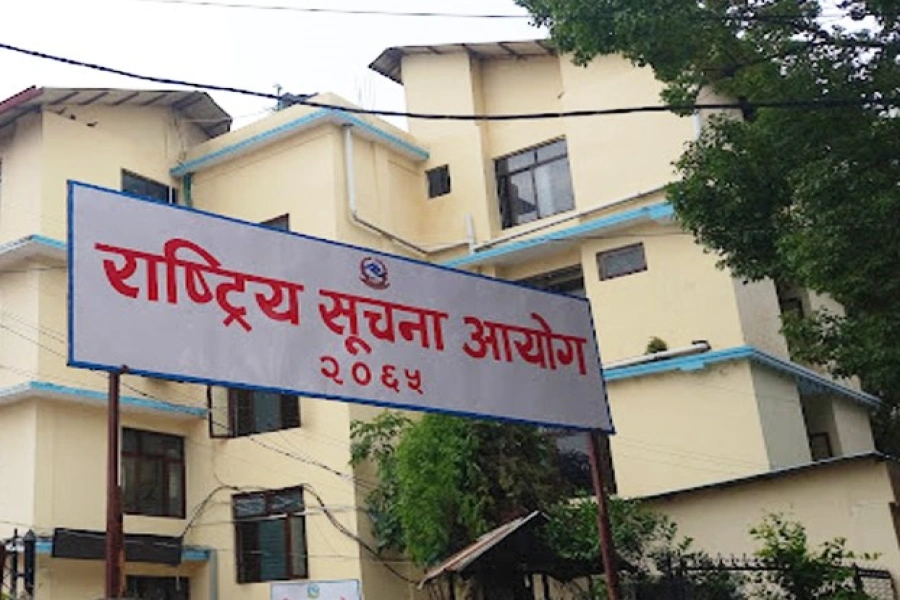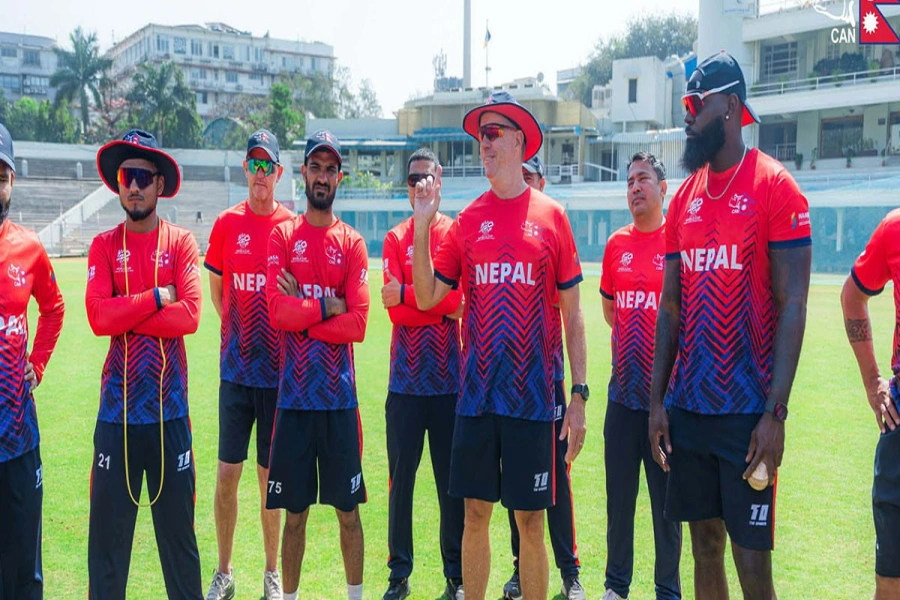Blood donations campaigns are always taking place around the city. And though many of us might want to step up to the task, it’s true that a lot of us also hesitate to do so because we don’t know what’s going to happen and, frankly speaking, a needle pricking your arm and drawing blood is always a scary concept. So here we have Dr Deepak Raj Pandey, general physician at Manmohan Memorial Hospital in Thamel, Kathmandu, telling us all that we need to know about blood donation.
Types of blood donation
Donating whole blood is the most common type of blood donation. However, there are a few other types such as donating your platelets, red cells, or plasma only. This type of separate donations is also called apheresis. Depending on the blood type, the elements are divided using a special machine right during the donation so that only the required parts are collected in the packet. For instance, those having O+ or O- are encouraged to donate red cells, AB- or AB+ can donate plasma and the rest can go for platelets donation. So, before you initiate the process, contact the volunteers and know the type of donation you are to undergo.
Basic criteria
In order to ensure the safety of both the blood donor and recipient, there are few basic criteria that one should fall under. The first one is age and body weight. Only those between sixteen and sixty weighing about 110 pounds (50 kg) are eligible to donate blood. However, there might also be some weight and height restrictions for younger donors. Similarly, those suffering from any kind of cold or flu on the day of the donation, suffering from Hepatitis B or C, with a history of cancer in the past, under medication or at risk of STDs and malaria are not allowed to donate blood. And, if you are pregnant, consult your doctor before you donate blood.
Red Cross blood collection at demolition site

Before you go
You should sleep properly on the night prior to the blood donation. This will not just relax your body but will also boost metabolism. Here what you eat is also very important. You need to maintain an adequate amount of iron by eating iron-rich foods such as beans, spinach, red meats, raisins, or iron-fortified cereals. Strictly avoid fatty foods like hamburgers, fries, or ice creams because the fat content of these foods can lead to false positives while testing for infectious diseases. Likewise, it might be a good idea to drink a few extra liters of water or nonalcoholic fluids to keep your body hydrated.
During and after donation
Carry all necessary documents such as ID cards and health reports along with you to the venue and verify them on the spot. Wear comfortable clothes, the sleeves of which can go right up your elbow. Do not get nervous because the procedure will only take six to seven minutes. When you are done, gently apply pressure on the dressing on your arms for the next 30 minutes. Some camps do provide foods to donors. So, rest for a short time, eat some snacks and drink enough fluid before you leave. For the rest of the day, avoid using the particular arm to carry any heavy objects. Also, taking a hot water shower might not be a good idea after donating blood. If bleeding recurs even after hours, calmly sit down, raise your arm and press on it for at least five minutes. The bleeding should stop by now.
The waiting period
Even if you feel healthy after the donation, your blood needs a certain time period to recover its missing elements. The time interval depends on the type of blood donation you underwent. It takes around 56 days to regain whole blood or red cells in the body whereas plasma requires only 28 days. Likewise, those who donated platelets need to wait for at least seven days to donate again. If you wish to be a regular donor then consult a medical professional to prepare a 12-months schedule as per your body type.
Debunking myths
Many people fear to donating blood because of the misconception that it will lessen the blood amount in the body and make them pass out. While it might be true that some donors feel weak during or after donation, this is not a side effect of blood loss. It happens only when you do not eat a good meal or hydrate well beforehand. Next, new donors hesitate to donate assuming it is a painful procedure. This is completely false. Instead, Pandey assures you, it is not painful at all. You will only feel a slight pinching sensation when the thin needle pricks your arm.
Some advantages of blood donation
It is compulsory to have a small health check-up before donating blood. During the checkup, several health factors ranging from hemoglobin level to blood count will be examined. These small checkups provide you an opportunity to understand the condition of your body which is certainly a good thing. Donating blood also minimizes the viscosity of blood and maintains correct blood flow. This prevents potential damages to the blood vessels around the heart. Finally, it also increases your calorie burn. Though it neither a sustainable nor a suitable weight loss plan, it is obviously an added bonus for those wishing to shed some weight.






































